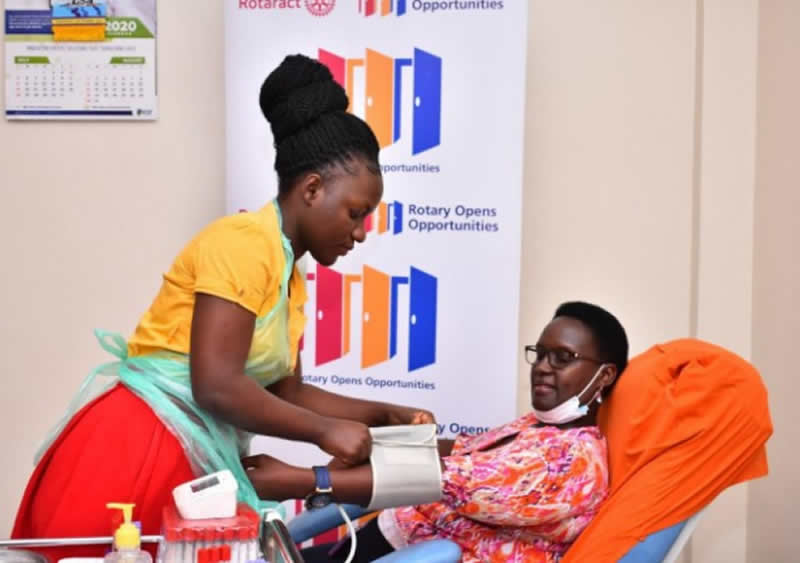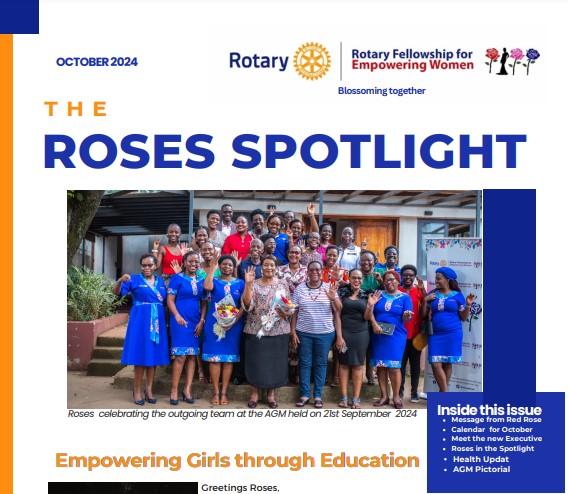Kolkata-based entrepreneur and social worker Shekhar Mehta has taken over as the global president of the service organisation Rotary International (for 2021-22) on July 1. A Rotary member since 1984, he has pioneered programs like ‘Saving Little Hearts’ and helped conduct over 1500 life-saving heart surgeries across South Asia among others. Rotary has played a key role in eradicating polio in India and in most parts of the world and the organisation continues to play an important supporting role in management of COVID-19 pandemic. Mehta’s focus objective is also empowerment of girls.
Only the fourth Indian to be global president of Rotary, Mehta shares his goals and plans of the 115-year-old organisation for the next year exclusively with THE WEEK.
What contributions of the Rotary International to India’s development and progress will you like to highlight as its global president?
Rotary, a 115-year-old organisation, celebrated 100 years in India in 2020, and we are proud to reflect on the positive impact we’ve had in the country as well as look ahead to the next 100 years.
As a founding partner of the Global Polio Eradication Initiative (GPEI), Rotary has been a key driver behind efforts to eradicate polio worldwide for more than 30 years. Thanks to these efforts, India was certified polio free seven years ago (as part of the World Health Organization’s South-East Asia region); Africa (as part of the WHO African region) was also certified wild polio-free in 2020; and wild polio only continues to circulate in Afghanistan and Pakistan. One of the most successful public-private partnerships for global health to date, the GPEI has reduced polio cases by 99.9 percent, and Rotary has contributed more than US$2.2 billion to fight polio.
Now, Rotary continues to play a pivotal role in helping India maintain its polio-free status. Also, the polio eradication program infrastructure created by Rotary and its GPEI partners is already being used to address other health challenges and diseases, including the COVID-19 pandemic.
Our work also extends to fostering peace, fighting illiteracy, poverty and disease, ensuring communities have clean water, sanitation and hygiene and more.
What are the major contributions of Rotary in India during the COVID-19 pandemic time?
The response to the COVID-19 pandemic requires solidarity and collective efforts from public and private sectors across the world. Last year, when India was battling the first wave, Rotary members across the 4000+ clubs all over India had raised Rs 105 crores and donated it to the PM Cares Fund for relief work. Another Rs 150 crores were spent on the ground levels towards providing ventilators, face masks, food, sanitizers and PPE kits to the hospitals and people. The organization has since donated beds and medical refrigerators, facilitated the transportation of millions of vaccine doses and helped in vaccinating people across India.
Today, Rotary’s India COVID-19 Task Force is supporting local governments and authorities with setting up oxygen plants, COVID-19 care facilities, and supplying medical equipment like ventilators, oxygen concentrators, etc., to regions most in need. During the recent second wave, when the national capital region was hit especially hard, Rotary members worked around the clock to ensure help in the form of plasma, oxygen cylinders, medicines and ICU beds through a helpline established for the purpose.
Our members are now working to flatten the COVID-19 curve not only by providing essentials, but also by supporting the vaccination drive led by the central government, and supporting those who have been impacted across communities.
What more could be looked forward to in this regard now that the Global President is an Indian?
Continuity has been a hallmark for Rotary and that’s what makes the organisation special. While a new president is elected every year, our core values remain constant. My vision for Rotary is to be able to make meaningful contributions across the causes we support through passion, perseverance and positivity.
In the wake of the COVID-19 pandemic, a primary goal is to end vaccine hesitancy by taking inspiration from our learning with polio. In addition to educating people, Rotary members will also continue to support the COVID-19 vaccine centres they’ve helped to establish across states as they aid local governments with ongoing immunization efforts. Health experts predict that a third wave is inevitable, and likewise, our efforts to help those in need will also be inevitable.
Another goal during my presidential year is to focus on empowering girls and ensuring they have access to education, resources, services, and opportunities so that future generations of women leaders will have the tools they need to thrive. There are many obstacles that girls face in different parts of the world, and as the leader of a global organization, I will ensure that we work to mitigate those barriers to success.
But underprivileged children, especially girls, are falling out of education ambit during the pandemic. What are your specific plans in this regard?
Around the world, girls are disadvantaged and discriminated against. In India, a significant percentage of girls drop out of the school by Class 7 or 8 as they’re separated from their male peers as a result of stigma around menstruation. According to the recently released Unified District Information System for Education Plus (UDISE+) report by the Ministry of Education, in India the number of girls dropping out of school in the upper primary classes (6-8) was higher than that of the boys in 2019-20. Historically, they’ve also faced a host of other societal challenges related to early marriage, child labour, etc., so there is much to be done to improve their lives, above and beyond the impacts of the pandemic.
As noted, during my presidential term, I will focus on empowering girls by improving age-grade appropriate learning inside the classroom, teachers’ training, e-learning and skill development and by enhancing the overall school infrastructure and services.
Across India, Rotary has helped set up hundreds of schools for the underprivileged children; many of these schools are now also catering to children who’ve lost their families during COVID-19.
What is your comment on the overall role of the non-government sector in assisting during crisis situations like the COVID-19 pandemic in India?
Even when there is no crisis, public/private institutions and civil society have an important role to play in coming together for the public good. However, in times of crisis, the most vulnerable and marginalized populations carry a disproportionate share of the hardship and are often left out of response and recovery efforts. So, that is why it’s imperative that the non-government sector and philanthropic organizations like Rotary respond quickly and collectively to situations like the COVID-19 pandemic. Just as we did with polio, we’re able to help facilitate and support government efforts and fill gaps by addressing critical and immediate needs, as we also help to lay the groundwork for longer-term COVID-19 recovery and future global health response efforts.
Ultimately, if all facets of society come together, no challenge—including the global pandemic—is insurmountable.
What are your other key action points as global president of Rotary International?
Within the organization’s overarching objectives, my goals are to: diversify membership, empower girls through education and skill development, focus on protecting the environment, remain dedicated to our top goal of polio eradication, support the Government of India around Rotary focus areas like maternal and child health, water sanitation and hygiene, disease prevention, education and more.
Although these goals are necessary to drive our overall growth, I must stress that membership growth is fundamental to achieving all other goals and objectives.
What personal experiences from your 37 years association with Rotary do you cherish most?
I have always been inspired by Rotary’s motto, “service above self”. Service, to me, is about thinking of others before I think of myself, and our motto has taught me to care for and share with others. Some of the most life-changing experiences have been where I was able to assist a family with a heart surgery for their child with a congenital heart disorder or when I was actively involved in the on-ground rehabilitation efforts for those displaced in Andaman and Nicobar Islands after the 2004 Tsunami.
Source : https://www.theweek.in/news/india/2021/07/17/empowering-girls-supporting-covid-19-management-key-focus-rotary-chief.html Date : July 17, 2021 19:36 IST : Author – Sravani Sarkar





